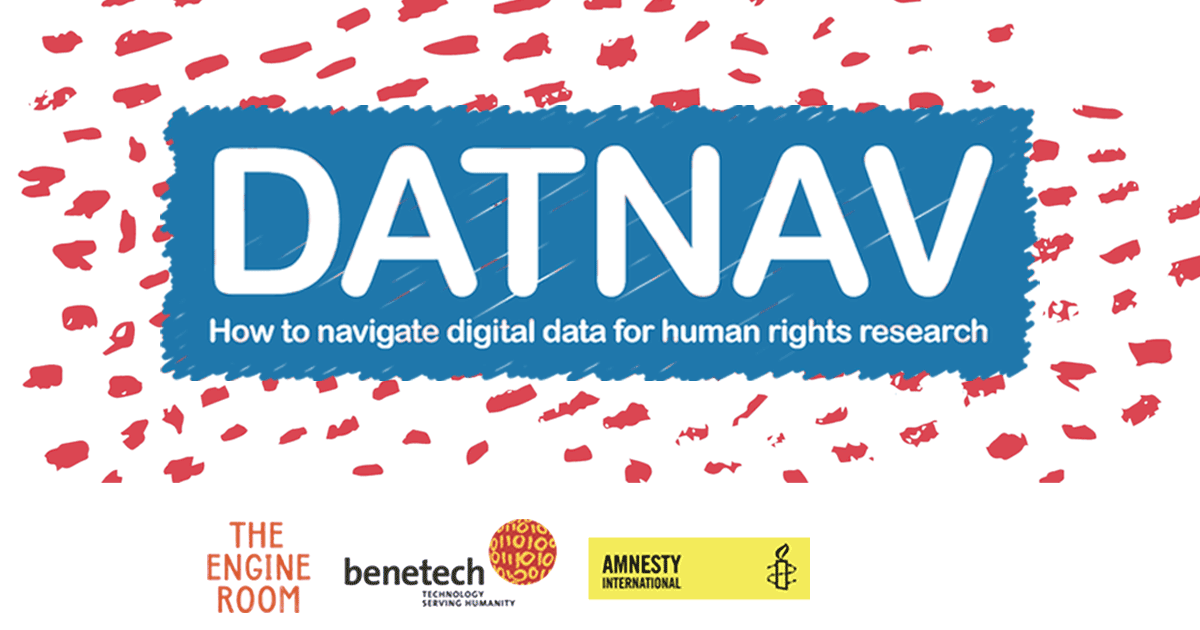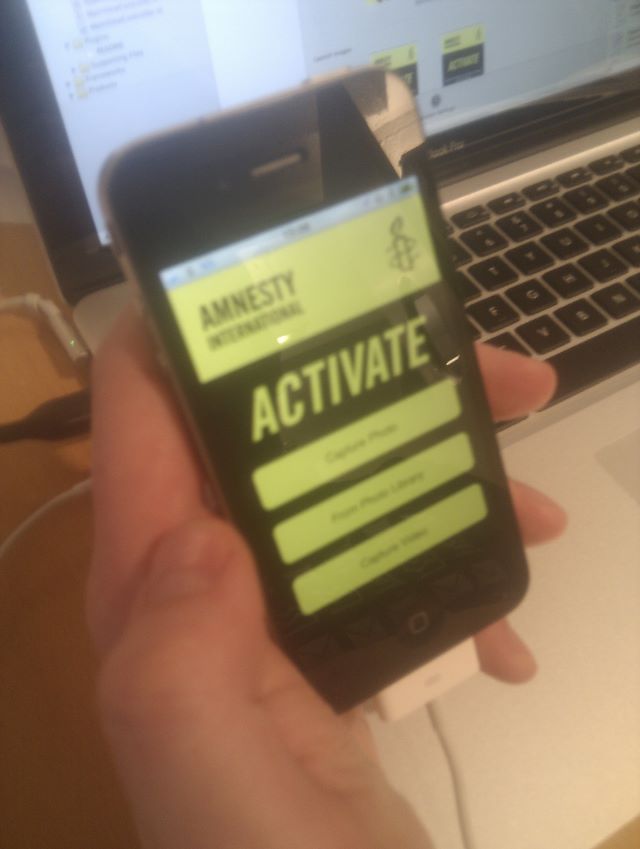 Prominent US and multinational companies such as Apple, Dell, Motorola, Nokia, and Hewlett-Packard are among the businesses pinpointed as culprits in an unflinching, new report released by Global Witness that details the often noxious connections between the illegal mining trade, widespread human rights abuses and tech and mining firms.
Prominent US and multinational companies such as Apple, Dell, Motorola, Nokia, and Hewlett-Packard are among the businesses pinpointed as culprits in an unflinching, new report released by Global Witness that details the often noxious connections between the illegal mining trade, widespread human rights abuses and tech and mining firms.
The detailed analysis provides excellent current background on the situation, and names the names of companies operating in the Democratic Republic of the Congo (DRC) that trade in minerals in ways that ignore corporate social responsibility and perpetuate the conflict.
High-tech human rights abuses
The illegal mining and horrific human rights abuses against civilians – including the use of child soldiers and sexual violence as a weapon of war – have previously prompted a UN Expert Panel review that resulted in a large number of companies reforming their activities or leaving the country. Yet the new Global Witness report is clear: “no effective action has been taken to stop this murderous trade.” Global Witness states that it is not calling for a complete trade embargo or targeting artisanal mining per se, but is focusing on stopping the mining intertwined with conflict and abuse.
In many ways, the DRC’s plight hearkens back to colonialism and chartered companies empowered to make war in order to capture resources. But today’s neo-colonialism is more indirect and up-to-date, being linked to some of the world’s most sophisticated new technologies. The minerals cassiterite (tin ore) and coltan are important components in cell phones, computers, and other electronic devices, and the DRC is a primary global source.
Violations in the region have continued despite the recent rapprochement between the DRC and Rwanda and the integration into the Congolese army of one of the leading rebel groups (the Congrès national pour la défense du people, or CNDP, whose leader Bosco Ntaganda is wanted by the International Criminal Court). Both the army and remaining rebel groups such as the Forces démocratiques pour la libération du Rwanda (FDLR) are implicated in the illegal mining and abuses – even cooperating at times with each other as well as with the companies to share the spoils. Rule of law in the DRC is either weak or, in many provinces, effectively absent.
The new report states that the named companies exploiting this lack of oversight had almost no controls or due diligence processes to ensure that their supply chain contained no conflict minerals.
Global brands such as many of these companies participate in industry initiatives including the Electronic Industry Code of Conduct which require them to hold suppliers to high standards. Yet “suppliers” has often been interpreted to apply to middlemen but not suppliers further down the supply chain.
Apple’s stance leaves much to be desired
When questioned about these specific practices and their obligations to uphold certain standards, companies generally pointed to generic corporate social responsibility statements. Only in rare cases did companies seem to recognize the need for greater due diligence. In most cases, no sense of urgency or clear commitment to applying checks to the entire supply chain was expressed. Instead, companies relied frequently on the fact that they purchased from licensed exporters.
In a statement accompanying release of the report, Global Witness Director Patrick Alley stated:
It is not good enough for companies to say they buy only from licensed exporters, when they know full well that their middlemen buy from armed groups. The failure of governments to hold companies to account, of Burundi and Rwanda to restrict the trade across their borders, and of donors and diplomats to address explicitly the role of the mineral trade, have all contributed to the continuation of a conflict that has killed millions and displaced many more.
Apple’s response was a bare bones reference to its supplier responsibility policy (via a web link that no longer works). Nokia, at least, gave the more commendable explanation that while it purchases raw materials through suppliers rather than directly, this “does not change the fact that we have the responsibility over everything that goes into making a Nokia product.”
Hewlett-Packard has room for improvement
Hewlett-Packard’s response shows similar progress in understanding the issue, with the company explaining that it has focused on first-tier suppliers where it thinks it “has the most influence” (an assumption that may be questioned when the underlying harms and their locations are considered). But HP has successfully reached down to many second-tier suppliers as well, via its first tier suppliers (who have told HP that DRC coltan is “not used in their products supplied to HP”). HP presumably does not merely accept such assertions (which would be akin to the U.S. government accepting diplomatic assurances that the countries to whom it sends terror suspects “do not torture”), but audits them to some extent. And HP has the reputation of being better than most companies at such audit processes, stating that it is working with the first-tier suppliers of notebook computers to “map their supply chain down to the extractives level.”
Lukewarm responses Motorola and Dell
The responses from Motorola and Dell were in-between the extremes represented by the nonchalant reply from Apple, on the one hand, and the more detailed and responsive replies from Nokia and HP, on the other. Motorola and Dell stated that they require high standards in their supply chains, expect their suppliers to do the same, and participate in industry initiatives to that end.
Moving toward real social corporate responsibility
Laudable industry initiatives such as the Global e-Sustainability Initiative (GeSI) do aim to enhance traceability of minerals beyond supplier certifications to the actual mines involved, but thus far have failed to change what Nokia rightly calls a status quo that is “not . . . acceptable.”
The continued corporate role in this conflict remains shameful and underappreciated but fundamental. The new Global Witness report usefully reawakens slumbering attention, and clearly demonstrates the need for strengthened accountability mechanisms that truly end what the report calls “the impunity protecting those engaged in illicit mineral exploitation and trade.”
In addition to illustrating the grave risks faced by the extractive industry and companies active in conflict situations, the new report provides sensible recommendations for direly needed urgent actions by governments, corporations, individuals, the UN, and the international community at large to finally call a halt to the ongoing tragedy in the DRC.
Chip Pitts is a lecturer at Stanford Law School, former Chief Legal Officer of Nokia Inc., and former Chair of Amnesty International USA. He is the co-author and editor of the new book, Corporate Accountability: A Legal Analysis (Lexis Nexis 2009); all the royalties from book sales will benefit human rights and sustainability charities.





